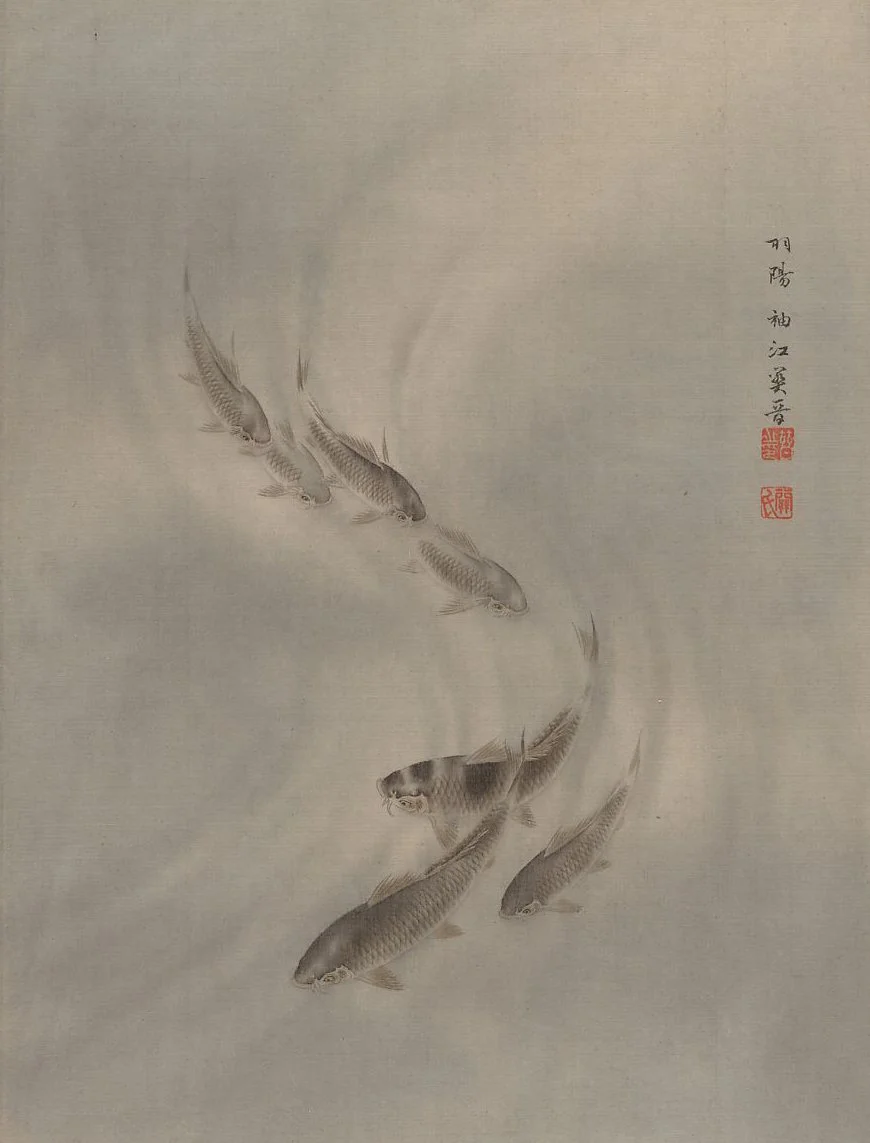
CHOOSING A PRACTITIONER
The most effective Reiki practitioner is one who is a clear conduit for Reiki energy; a practitioner accomplishes this with the regular practice of Reiki; a long-standing practice of meditation, for focus; and through advanced initiations. Additionally, a practitioner should be skilled at sensing blockages and understand how to most effectively channel Reiki energy to restore the natural energetic circulation.
THE BENEFITS OF REIKI
Reiki rebalances energy of the mind and emotions for clarity and a more positive mental outlook/mood.
As a holistic compliment to medical care, Reiki can be used to facilitate the body’s natural healing ability to achieve homeostasis and thereby aid recovery from illness, anxiety, stress, fatigue; and additionally enhance wellbeing, calm, and mental clarity.
TRADITIONAL USES OF REIKI
As Reiki was adopted by the Japanese Navy from the Taisho period, up through the end of World War II, the following are some of the issues for which Reiki was traditionally applied to assist in stimulating the body’s natural healing response
• Anemia
• Asthma
• Bone Fractures
• Bronchitis
• Gastritis
• Headaches
• Hypertension
• Insomnia
• Lymph Glands, Inflammation
• Neuralgia
• Nose Bleeds, Chronic
• Tinnitus
• Vertigo
• Whooping Cough
• Wounds
EXAMPLES OF TRADITIONAL APPLICATIONS OF REIKI DURING PREGNANCY
• Treatment of womb, to assist the wellness of the baby and ease childbirth
• Morning sickness
• Baby Colic

